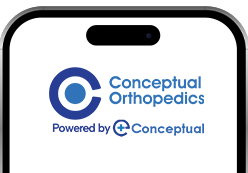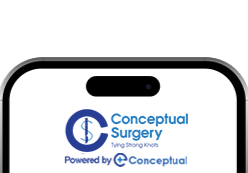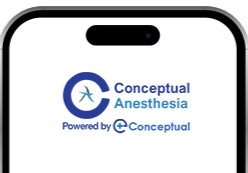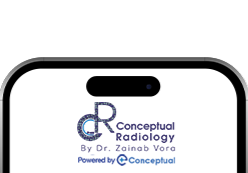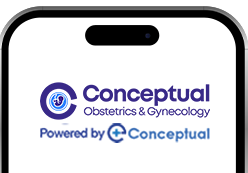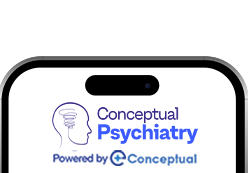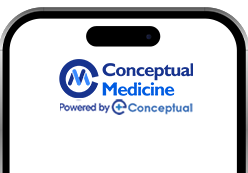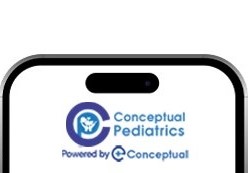
Estimated reading time: 4 minutes
Medicine is a science, but practicing medicine is an ultimate human struggle. Nowhere is this more obvious than in the life of a medicine resident. You know what during these formative years, the physician-in-training is carved not just by textbooks and protocols but by patients, pressure, and patience. This journey is steeped in growth, powered by grit, and guided by meaningful goals.
In this blog, we will help you to get into the anatomy of internal medicine residency, the structured chaos, the emotional resilience, and all the conceptual capability that is required to transform from a medical graduate into a competent, compassionate physician.
Understanding the Role of a Medicine Resident
A medicine resident is a postgraduate trainee who manages both drastic and helpless medical cases under supervision. These doctors are licensed, but still in structured training. As their responsibility is huge, or you can say they’re the front line in hospitals, especially in wards, ICUs, and emergency departments.
They must have the dynamic theoretical knowledge with clinical judgment, managing everything from pneumonia to multi-organ failure.
Theoretical Foundations:
Residency is based on these two essential pillars:
- Cognitive development: building a strong base of medical knowledge and diagnostic reasoning.
- Affective growth: communication, empathy, teamwork, and ethics.
This tripartite model forms the core of medical education theory and is embedded in modern curriculum design and digital platforms like Conceptual Medicine and educational mentors like Dr. Apurv Mehra.
Watch Dr. Apurv Mehra’s Podcast video, explaining the importance of concept-based learning: https://www.youtube.com/watch?v=HWvICZAmJfQ
Explore the YouTube Channel as well: Dr. Apurv Mehra’s YouTube
A Day in the Life of a Medicine Resident
- Let’s look at a typical day:
| TIME | WHAT HAPPENS |
| 5:30 AM | Wake up, reach the hospital, check patient charts. |
| 7:00 AM | Morning rounds and handovers |
| 9:00 AM | Consultant rounds and patient discussions |
| 12:00 PM | Lunch and academic sessions |
| 1-6 PM | New admissions, discharge, blood work, procedure |
| 6-9 PM | Handover work, finish notes, and patient counseling |
| 9 PM-Next Day | Night duty (if on call), handle emergencies |
Mentorship That Matters
At platforms like Conceptual Medicine, mentorship is central to the learning experience. With visionary guidance from expert faculty like Dr. Dilip Kumar, residents receive far more than textbook knowledge. They gain clarity in clinical thinking, confidence in patient care, and a deeper understanding of the “why” behind every medical decision.
Dr. Dilip Kumar’s approach blends academic rigor with empathy and offers mentorship that goes beyond daily teaching. Because in residency, the right mentor is not just someone who teaches you how to treat diseases, but they teach you how to become a doctor who makes a difference.
Preparing for the Future: Fellowships and Beyond
By the second year, most of the medicine residents begin their preparation for super-specialty entrance exams like NEET SS, INI SS, or some international pathways MRCP, USMLE.
Here’s where structured guidance is critical. Platforms like Conceptual Medicine offer to the residents:
- Daily SS-targeted quizzes
- Focused high-yield series
- Topic sequencing (e.g., Infectious Diseases before Pulmonology)
- Live sessions with exam toppers
This helps to reduce confusion of multiple residents and keeps your goals in clear focus even during the busiest duty schedules.
Academic Tools that Make Residency Manageable
Besides stethoscopes and reflex hammers, residents now depended on academic tech tools. Our conceptual medicine app refers multiple facilities to our medicine residents, here it is:-
- Conceptual Medicine App – Our app helps you for quick revision during shifts
- YouTube channel – there are faculty-led video explainers & topper interviews.
You can explore more videos from our YouTube channel: www.youtube.com/@ConceptualMedicine_1
- E-notes and downloadable handouts – for last-minute prep
- Discussion boards – to solve doubts and learn collaboratively
All of these combine to form an ecosystem for medical growth.
Related Reads from Conceptual Medicine
Here are two must-read blogs that enrich this journey:
- How to Survive Medicine Residency: Tips for Your First-Year Residents
Practical wisdom for interns and first-year PGs—on clinical prep, wellness, and time management. - Medicine Residency Roadblocks: Common Mistakes and How to Overcome Them
Spot-on insights into what slows residents down—and actionable fixes.
Final Thoughts
At the end of three years, you’re not the same person.
You enter as a doctor who knows.
You leave as a physician who understands. You become someone who can diagnose lupus at a glance, counsel a family in tears, lead a code blue at 3 a.m., and still come back the next morning to help a frail diabetic walk again.
Explore Conceptual Medicine – Your Academic Companion
For every medicine resident who wants structured, conceptual, exam-ready content, Conceptual Medicine is your go-to platform:
- NEET SS, INI SS & DNB-focused
- Subspecialty-wise lecture series
- Flashcards, spotters, case-based Q&As
- Mobile-friendly app & live mentorship
Visit: www.conceptualmedicine.com
Watch: www.youtube.com/@ConceptualMedicine_1



